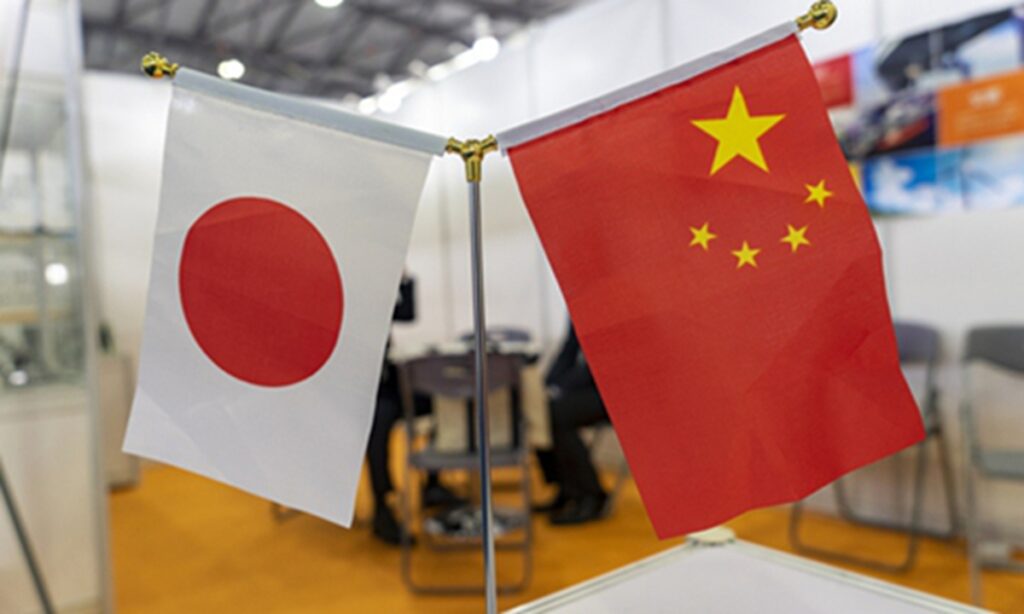Japan and India will sign an unprecedented memorandum of understanding to support the introduction of Japanese 5G networks, fiber-optic sea cables and other technology in India, the Nikkei reported on Sunday.
From a purely corporate perspective, it is not a bad thing if Japanese companies are able to make inroads into the Indian telecoms market, even though the development underscores aggressive participation of Japanese telecom companies in the global 5G race, which may cause problems for Chinese companies.
In fact, India is not the only market where Japanese telecom giants have made headway in the 5G field. For instance, Japan’s leading telecom equipment supplier, NEC, is expected to support 5G rollout in the UK, thanks to its Open Radio Access Network standards that allow different companies to supply different parts of the 5G network.
While we believe that any efforts to push forward technological progress are commendable, and fair competition between Chinese and Japanese companies is always welcomed, it is worrying to see a mentality of geopolitical confrontation in the telecom cooperation between Japan and India.
According to the Nikkei report, citing Japanese government officials, Japan’s support of India’s 5G is aimed at countering “China’s growing influence in telecommunications and digital infrastructure.” Such a biased containment mindset will bring uncertainty to the long-term development of China and Japan’s relationship, and is particularly inappropriate given that bilateral economic and trade ties have been undergoing an important transition in recent years from competition to cooperation.
The current achievements of an improved China-Japan economic and trade relationship are hard-won and should be cherished. China and Japan just resumed business travel on Monday, in an effort to ease entry restrictions and promote economic activity, according to media reports.
In mid-November, China, Japan and 13 other countries signed the Regional Comprehensive Economic Partnership to form the world’s largest free trade bloc, marking the establishment of free trade between China and Japan for the first time.
Moreover, under the Belt and Road Initiative, there are also agreements between the two countries on cooperation in third-party markets in areas such as infrastructure, finance, logistics, environmental protection, modern agriculture and e-commerce. Besides, the Japanese economy grew at a record pace of 21.4 percent on an annualized basis in the third quarter, thanks in large part to the strong external demand of the recovering Chinese economy.
Of course, problems still exist between the two countries. Against the backdrop of competition between China and the US, Japan’s China policy is unlikely to shrug off US influence. However, pragmatic bilateral cooperation in the fields of economy and trade is conducive to enhancing the strategic stability of China-Japan ties, and Japan may even increase its ability to resist US pressure by strengthening relations with China.
At this delicate moment, any sign of geopolitical rivalry is the last thing we would like to see, since it would be to the detriment of cooperation between the two countries. Therefore, we hope the Japanese government will pay more attention to the broader picture and push forward with bilateral ties to keep them on the right track.
Global Times



